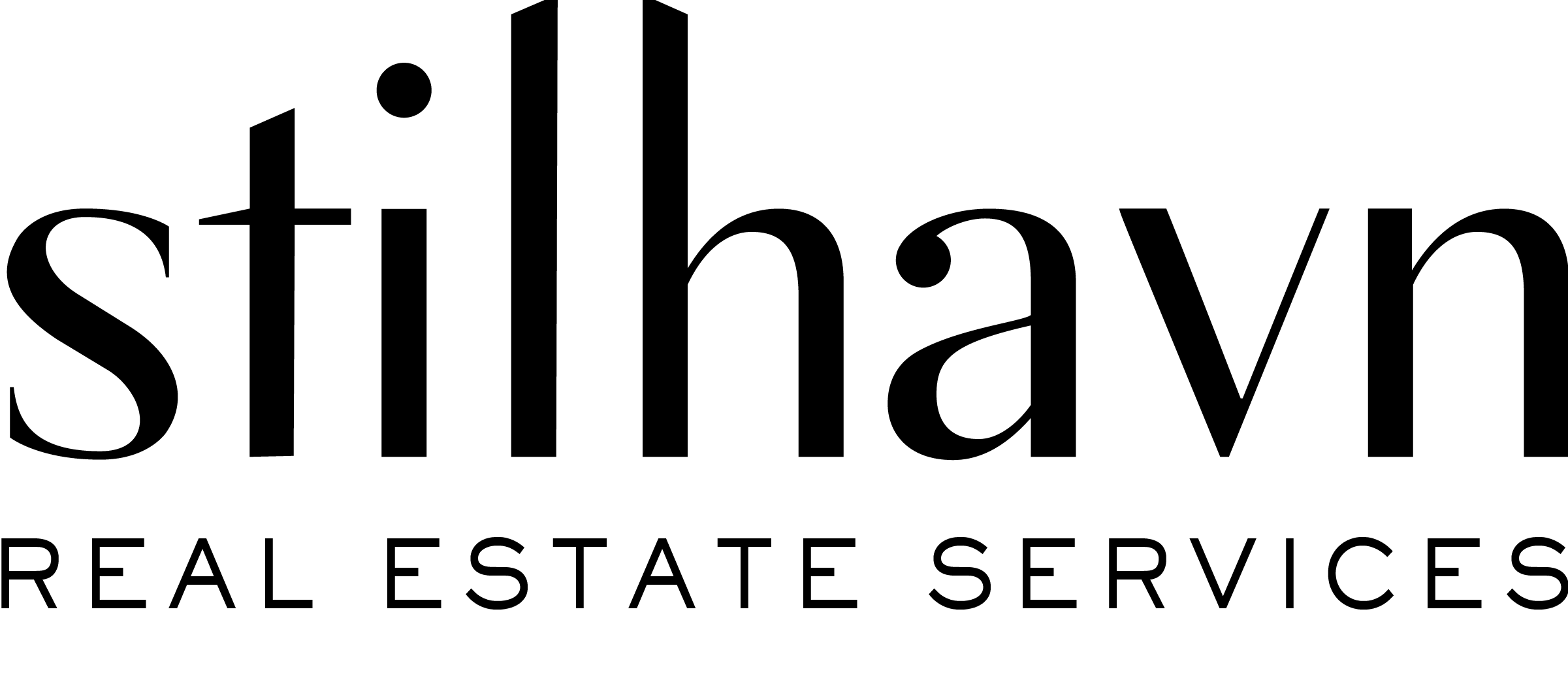Old homes come with character, charm and connect you to history. For people who love historic architecture, a “fixer-upper” home allows you to unleash your creativity and imagination. Buying these fixer-upper offers so much more than an affordable price tag.
From location to space and equity, there are some serious advantages to investing money in renovating a potential forever home. Finding the right home in a good neighborhood for below market price doesn’t have to be a distant dream.
The Three Pillars That Support Your Fixer-Upper
Before you make a purchase, it’s important to know your product. Whether it’s about roofing, foundation, insulation, energy-saving, or more, homes built in different eras come in different conditions. Navigating these waters becomes easier when you have an expert to help guide you through the process.
Realtor – Get a trusted local advisor who has significant experience with property in the area. A knowledgeable, local specialist is well versed with not just the housing location and pricing structure, but also the environmental factors such as the underground river system, surrounding Peat bogs, slopes, embankments, weight load of the home, etc.
Contractor – Having a good relationship with your contractor can be crucial in exploring your fixer-upper home. Before making the purchase, it’s important to get a good idea of the construction cost, timeline, and budget.
Cosmetic improvements generally cost much less. Everything from paint touchups to floor tiling can be considered lucrative improvements for resale value. A contractor can also help you separate cosmetic problems from more fundamental, structural issues such as:
- Adding a central cooling/heating system, replacing HVAC systems
- Reroofing if necessary
- Pouring concrete for driveways or sidewalks
- Constructing garages or additions
- Fixing bathroom subfloors or kitchen remodeling, plumbing upgrades
Home Inspection – A general rule of thumb is to have a credentialed home inspector review the house before you complete the sale. It’s essential that the real estate contract include an inspection clause.
A home inspection can bring to light serious problems, if any, with the fixer-upper home. In most cases, you may be able to get the seller to pay for repairs or negotiate the sale price.
Funding Your Fixer-Upper
One of the most popular funding sources for a fixer-upper is a home renovation loan through home equity. For example, if a fixer-upper house costs $150,000, but will be worth $250,000 post-renovation, the homeowner will have $100,000 in equity. So even before the work is done, you’re eligible to have this large sum as a home equity loan.
Creativity Saves Money: Flex Your DIY Muscle
Whatever renovation is required, doing it yourself becomes the most cost-effective option. When homeowners pitch in, they save by skipping many of the labour charges that come with renovations and keep the increase in home value for themselves. Affordable, historic, and charming old homes are waiting to let you put your DIY muscles into good use!
Looking For Your Havn?
If you’re ready to buy (or sell), talk to an expert Stilhavn REALTOR for guidance. From Metro Vancouver to the Sea to Sky, a trusted Stilhavn REALTOR® can help you find your havn.



